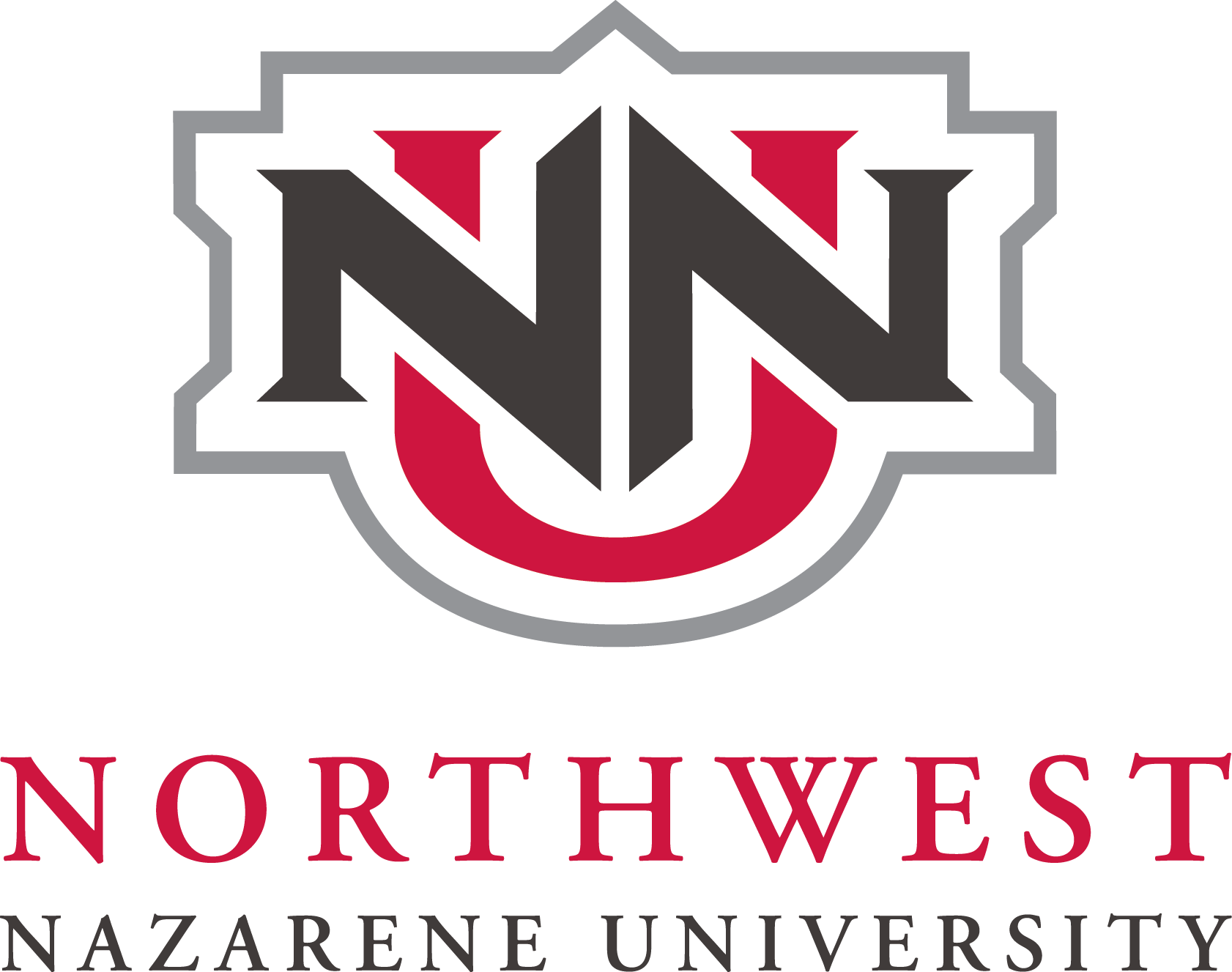Navigating the world of financial aid can be challenging—to say the least. We are here to help answer the top five questions we get from students and parents who are about to begin their college journey.
1. What’s the difference between a “sticker price” and a “net price”?
It’s important to know that universities usually have two price points associated with them—and it’s essential to know the difference! All universities have a sticker price and a net price.
The sticker price is the price that universities use as a baseline to determine tuition and all additional charges/fees before scholarships or financial aid are applied. The net price is what a student can actually expect to pay after all scholarships and financial aid are applied.
There may be a significant difference in the sticker price of two universities but very little difference between their net prices. The majority of private schools with higher sticker prices also offer more scholarships and financial aid, which results in very competitive net prices. When weighing your options, make sure you are looking at net prices instead of sticker prices to get a clearer comparison.
For example, when comparing NNU to other state schools, the difference in sticker price can be upwards of $20,000, but when looking at net prices, there is only a difference of between $400 and $2,062 per year. Obviously, you get a much better picture of what may be affordable for you when considering net prices.
Compare the net prices of different universities through the U.S. Department of Education:
Want to get an idea of what NNU’s net price may look like? Use our Net Price Calculator:
2. What’s with all the different types of scholarships?
One of the easiest ways to reduce the financial burden of college is through university scholarships. You may automatically be considered for these when you apply for admission, or you may need to apply for these through a separate application depending on the university and the particular scholarship. Scholarships can be divided into merit awards, talent awards and endowed or specialized scholarships.
- Most universities offer merit awards based on your high school GPA, the rigor of your high school classes and standardized test scores. These awards typically come in the form of a scholarship that never has to be paid back and is usually renewable for up to four years, as long as you maintain certain requirements (e.g., a certain GPA while taking a specified number of credits). At NNU, you are automatically considered for merit awards when you apply.
- In addition, many universities offer talent awards that provide additional scholarships for things such as athletics, music, or speech and debate. Often, you will have to apply separately for each of these scholarships, and they may or may not be renewable. Talk with an admissions counselor if you’re interested in learning more about these awards.
- There are also many different independent scholarships offered by organizations, industries, and even local and state governments. To learn more about these opportunities, talk to your high school guidance counselor.
3. What’s the difference between grants and loans?
Grants are sources of “free” money usually provided by your state or federal government (or sometimes the university) that generally do not have to be repaid—unless you violate some term of the agreement. They are often need-based and can be renewed for all four years of college as long as minimum requirements are maintained. Most grants will be awarded as a result of the information you provide when you file your free application for federal student aid (FAFSA) at fafsa.gov. However, it can be valuable to review all possible grants to see what you may be eligible for.
When you apply for financial aid, you may also be offered loans as part of your school’s financial aid offer. A loan is money you borrow to help pay for college, but you must pay it back with interest once you graduate. Student loans can come from the federal government, from private sources such as banks or financial institutions, or from other organizations. You can learn more about loans provided by the federal government to help with college costs here.
4. How do I know what financial aid I’m eligible for?
Regardless of your financial situation, we encourage everyone to complete their free application for federal student aid (FAFSA). Even if you know you will not be eligible for federal grants, it often allows universities to evaluate and provide additional financial support to make college more affordable for you. Once you’ve completed your FAFSA, each university that you identify as an option will provide a financial aid package that will let you know what types of aid you may be eligible for at that university.
5. Where do I go if I have questions?
All universities have a financial aid office that can help address your questions about tuition and financial aid. Once you/your student has applied for admissions, they will likely be assigned a financial aid officer who will be responsible for helping you navigate all things related to tuition, financial aid and bridging the gap between the two. At NNU, you can reach the financial aid office at 208.467.8638.








